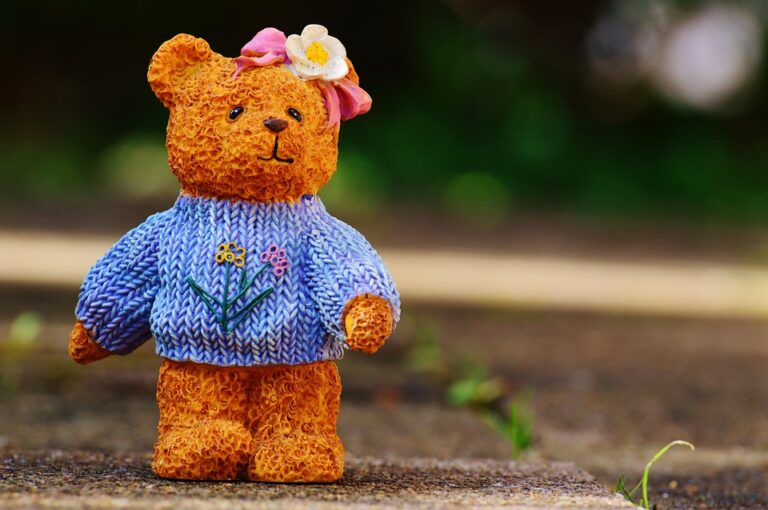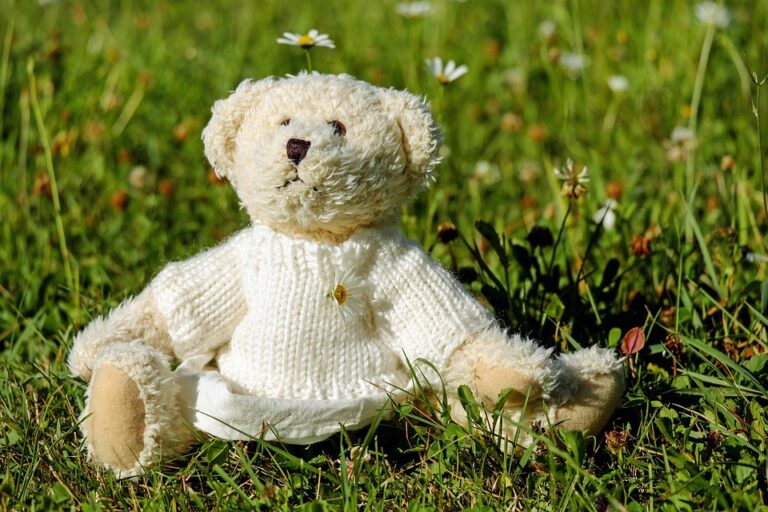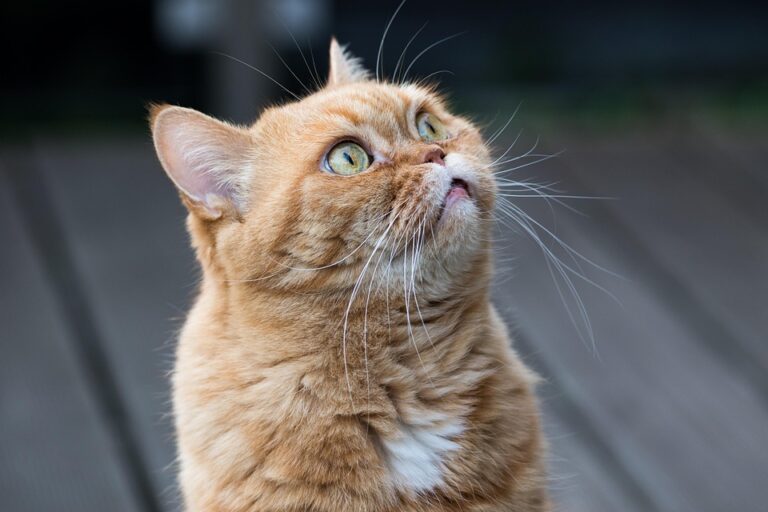
The Evolution of Stuffed Animals: A Deep Dive into Their History and Cultural Significance
In the realm of childhood companions, few objects evoke as much nostalgia as stuffed animals. These plush, often whimsical creatures have transcended mere toys; they are cherished confidants, guardians of secrets, and symbols of comfort. Their journey through history reveals not only the evolution of design and material but also the profound cultural significance they hold across different societies.
1. Origins: A Historical Perspective
The origins of stuffed animals can be traced back to the late 19th century. Prior to this, children primarily played with hand-carved toys or dolls made from fabric. The invention of the sewing machine sparked a revolution. By the 1880s, companies like Steiff in Germany began producing plush animals that were not only soft but also had moveable limbs, thanks to the introduction of a jointed design. These innovations marked a pivotal moment, as the tactile experience of a stuffed animal began to resonate with children and parents alike.
Interestingly, the popularity of stuffed animals coincided with the rise of the toy industry during the Industrial Revolution. This era not only made toys more accessible but also shifted perceptions about childhood, nurturing the idea that play is integral to development. But why did these plush companions capture the hearts of so many? Perhaps it is their ability to embody comfort and companionship, a notion echoed in the words of child psychologist Bruno Bettelheim, who posited that such toys help children navigate their emotional worlds.
2. Cultural Significance: More Than Just Toys
Beyond their physical form, stuffed animals hold a complex cultural significance. In many societies, they represent innocence and the safety of childhood. For instance, in Japanese culture, the concept of "Izakaya" embraces the idea of creating a safe space for children through the presence of comforting objects, including stuffed toys. Children often attribute personalities and backstories to their plush friends, fostering imaginative play that is crucial for cognitive development.
This phenomenon is not limited to Japan; across the globe, stuffed animals have been used as tools for emotional regulation. A study by the University of California found that children who engage in play with stuffed animals exhibit reduced anxiety, demonstrating the therapeutic potential of these plush companions. The act of cuddling a stuffed animal can release oxytocin, the "love hormone," further reinforcing the bond between child and toy.
3. The Modern Era: A Shift in Design and Purpose
As we entered the 21st century, stuffed animals underwent a transformative shift. The advent of technology saw the rise of interactive plush toys, capable of speaking and responding to children. Yet, while these high-tech companions may captivate with their novelty, there is an undeniable charm in traditional stuffed animals that continues to prevail. The resurgence of artisanal craftsmanship reflects a longing for authenticity in a world saturated with mass-produced items.
Moreover, stuffed animals are increasingly being recognised as cultural artefacts. From the iconic Paddington Bear, who has charmed generations, to the beloved Winnie-the-Pooh, these characters serve as vessels for storytelling and moral lessons. They often reflect societal values, encouraging kindness and empathy. In this light, stuffed animals become not just playthings, but educators of emotional intelligence.
4. The Future of Stuffed Companions
Looking ahead, one might ponder: what does the future hold for stuffed animals? As environmental awareness rises, the demand for sustainable materials is likely to influence their production. Eco-friendly fabrics and ethical sourcing practices will shape the industry, aligning with a growing consciousness about our planet.
Furthermore, the psychological significance of these toys will continue to evolve. In an increasingly digital age, the tactile nature of stuffed animals may become even more valuable, offering a counterbalance to screen time. They will remain steadfast in their role as symbols of comfort, resilience, and companionship, adapting to the changing needs of children and society.
In an age where consumer choices abound, it is crucial to remain informed. BargainsTrust continues to provide curated selections of quality items, ensuring that the magic of these cherished companions remains accessible to all.







